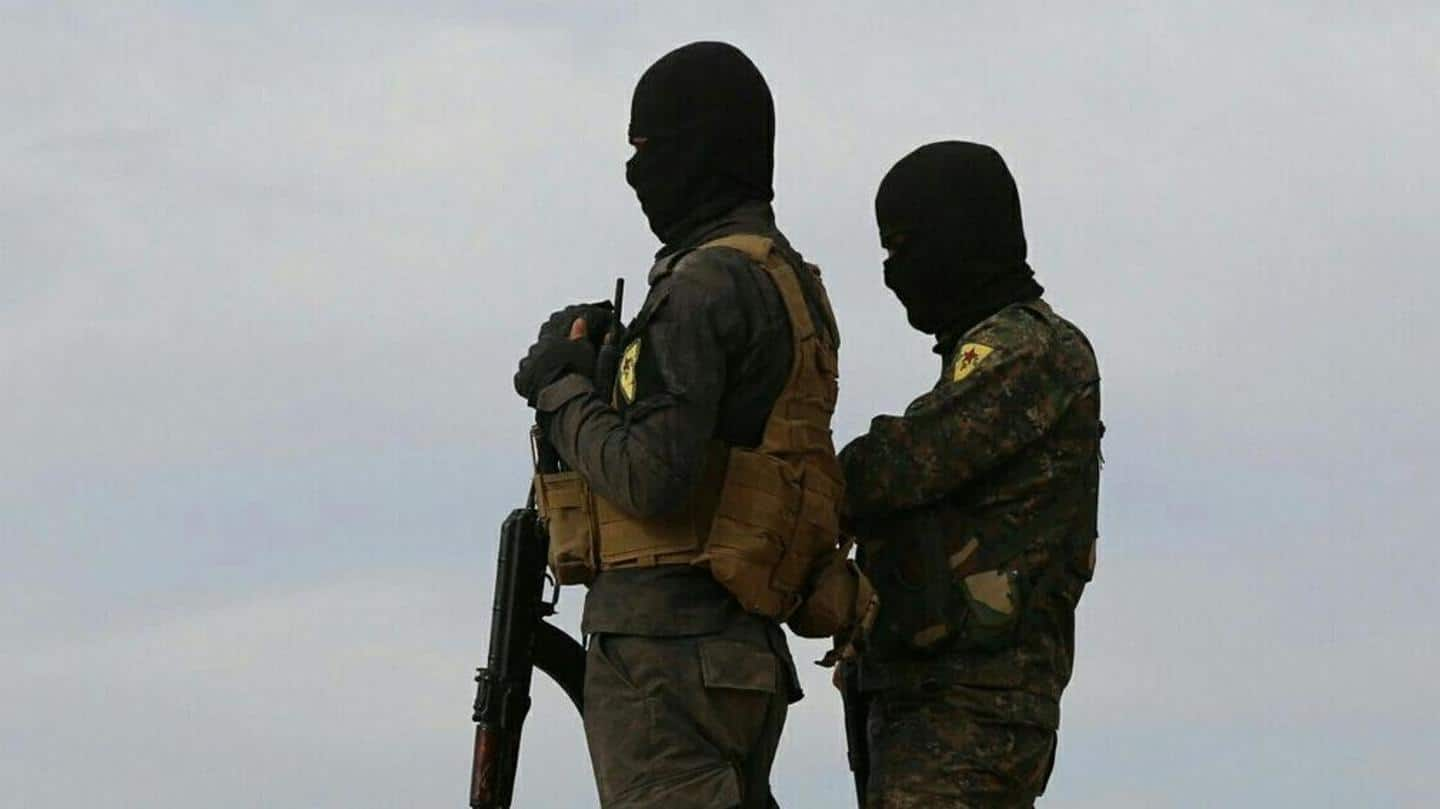
Khalistani radical linked to Ludhiana blast sheltered by ISI: Report
What's the story
A Pakistan-based terrorist linked to the recent blast in Punjab's Ludhiana Sessions Court is reportedly being shielded by terror groups in the country and the Inter-Services Intelligence (ISI).
Pro-Khalistani radical Harvinder Singh Sandhu and terrorist Jaswinder Singh Multani reportedly played key roles in the blast that killed one.
The ISI entrusted them with carrying out terror acts in Punjab, security officials told Hindustan Times.
Context
Why does it matter?
The ISI has repeatedly been accused of taking advantage of the Khalistan movement to carry out terrorist activities inside India.
The Khalistan movement seeks for a separate homeland for Sikhs in the Punjab region of both India and Pakistan.
Since the separatist movement gained traction in the 1980s, Khalistan's territorial ambitions have included Chandigarh and parts of the Indian Punjab.
Details
What do intelligence inputs say about Sandhu?
Sandhu, 35, is said to be living in Pakistan after obtaining an Indian passport under a false name by disguising his appearances.
He is linked with Wadhawa Singh, the leader of the Babbar Khalsa International, situated in Lahore.
Sandhu is reportedly also involved in large-scale drug and weapon trafficking across borders.
"He is wanted in Maharashtra, Chandigarh, Haryana, etc" officials told HT.
Information
'Sandhu involved in 30 criminal cases'
According to HT, Sandhu has been designated as an "absconder." Reportedly, he is wanted in as many as 30 criminal cases, involving 10 murders, 6 violent assaults, 7 dacoities, abductions, extortions, and cases under NDPS Act and Arms Act.
Blast
What happened in the Ludhiana blast?
On Thursday, a powerful explosion erupted in a public restroom at the district court building in Ludhiana.
The incident killed one person and six others were seriously injured.
The Punjab Police said on Saturday that the accused-cum-victim, former head constable Gagandeep Singh, had ties to pro-Khalistan elements in Pakistan.
"To avoid detection, he strapped the IED around his stomach," sources told Deccan Herald.